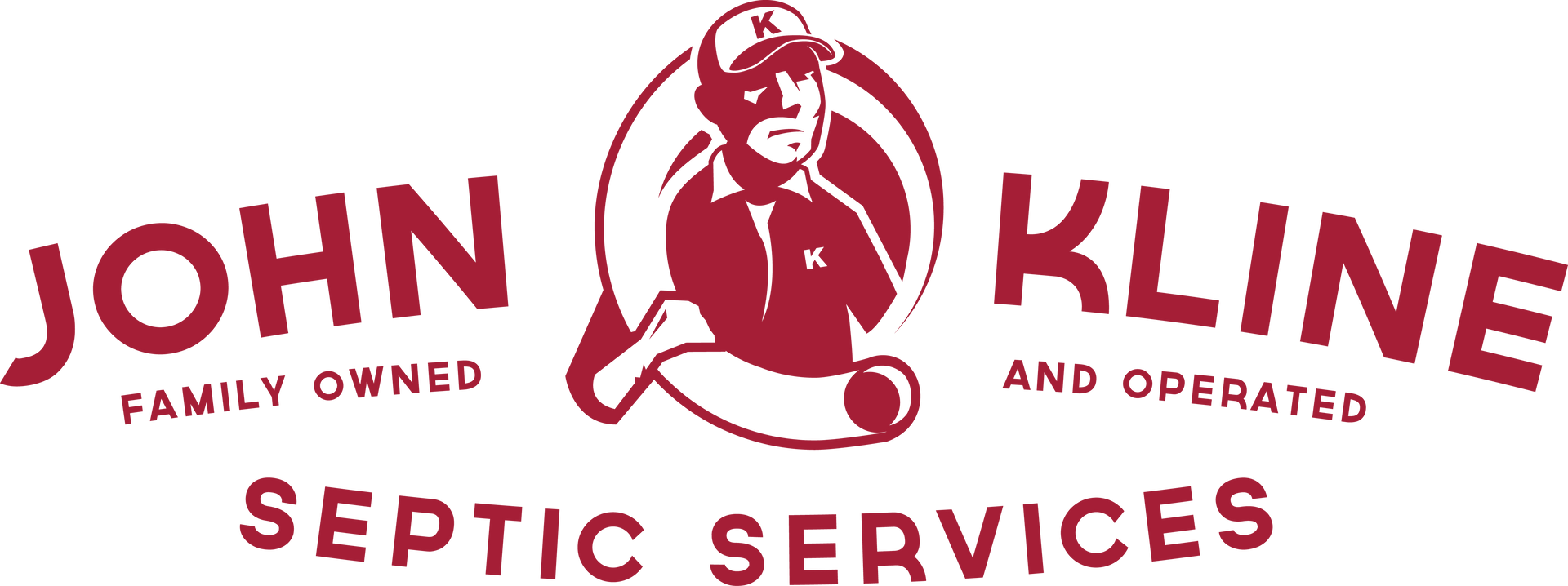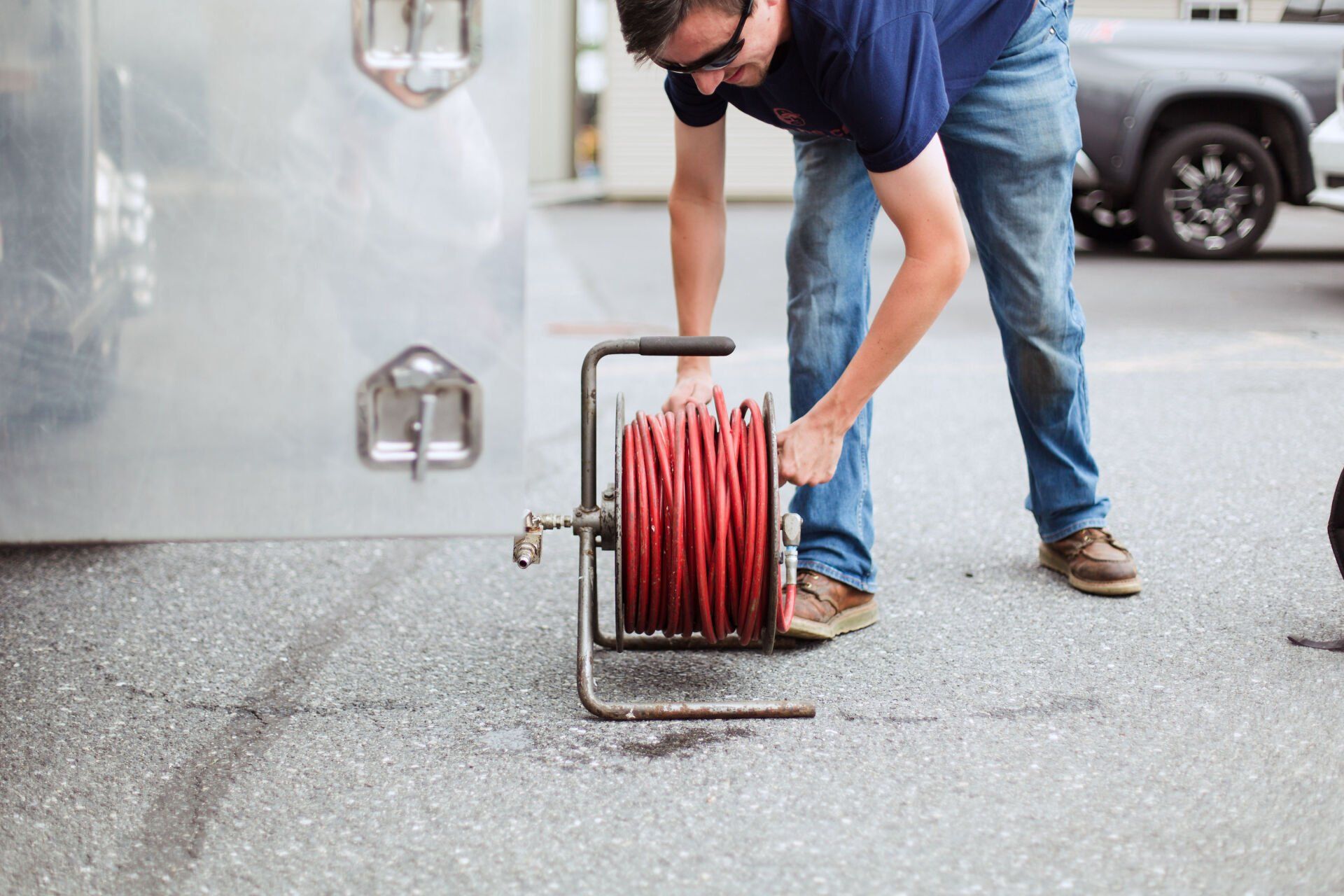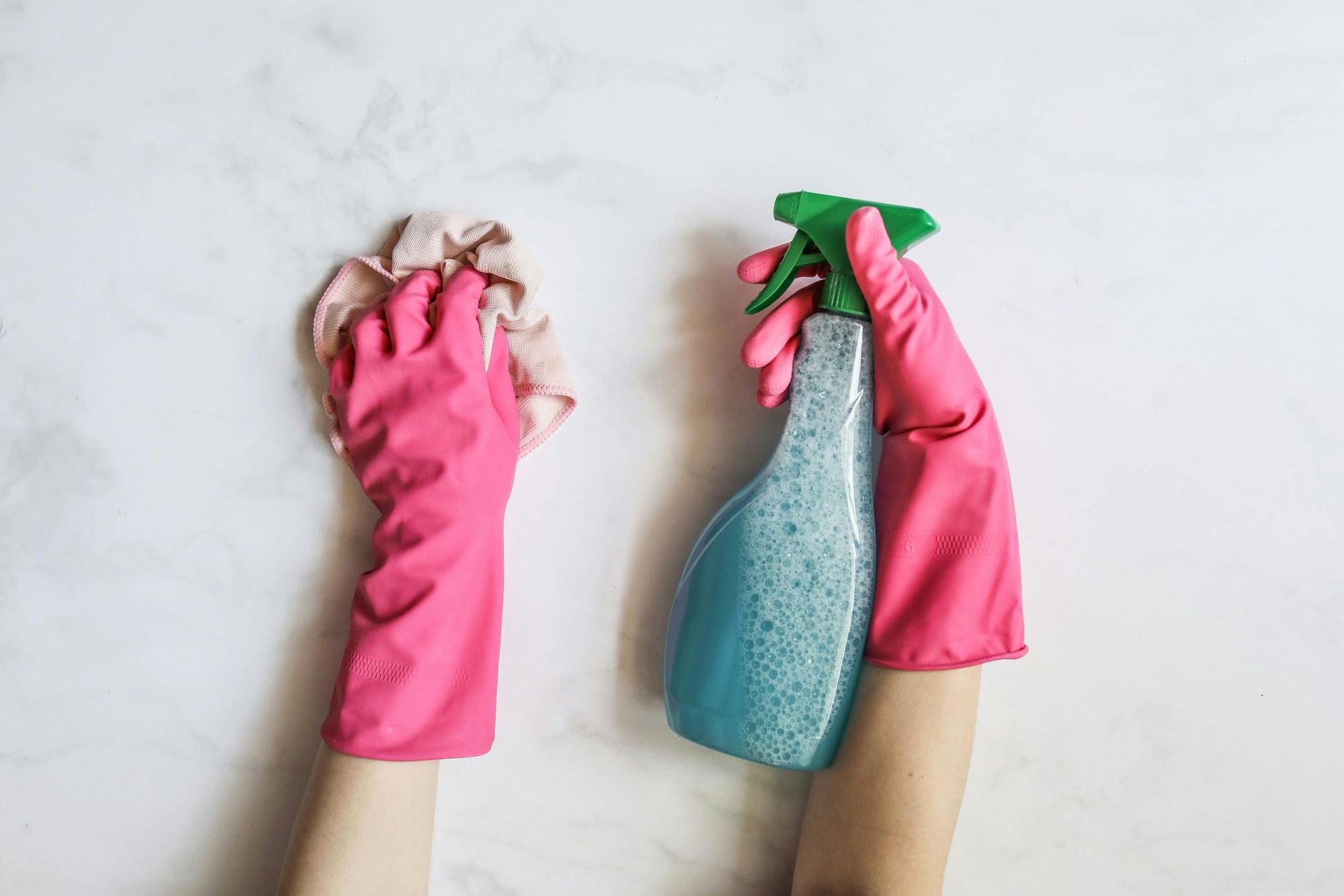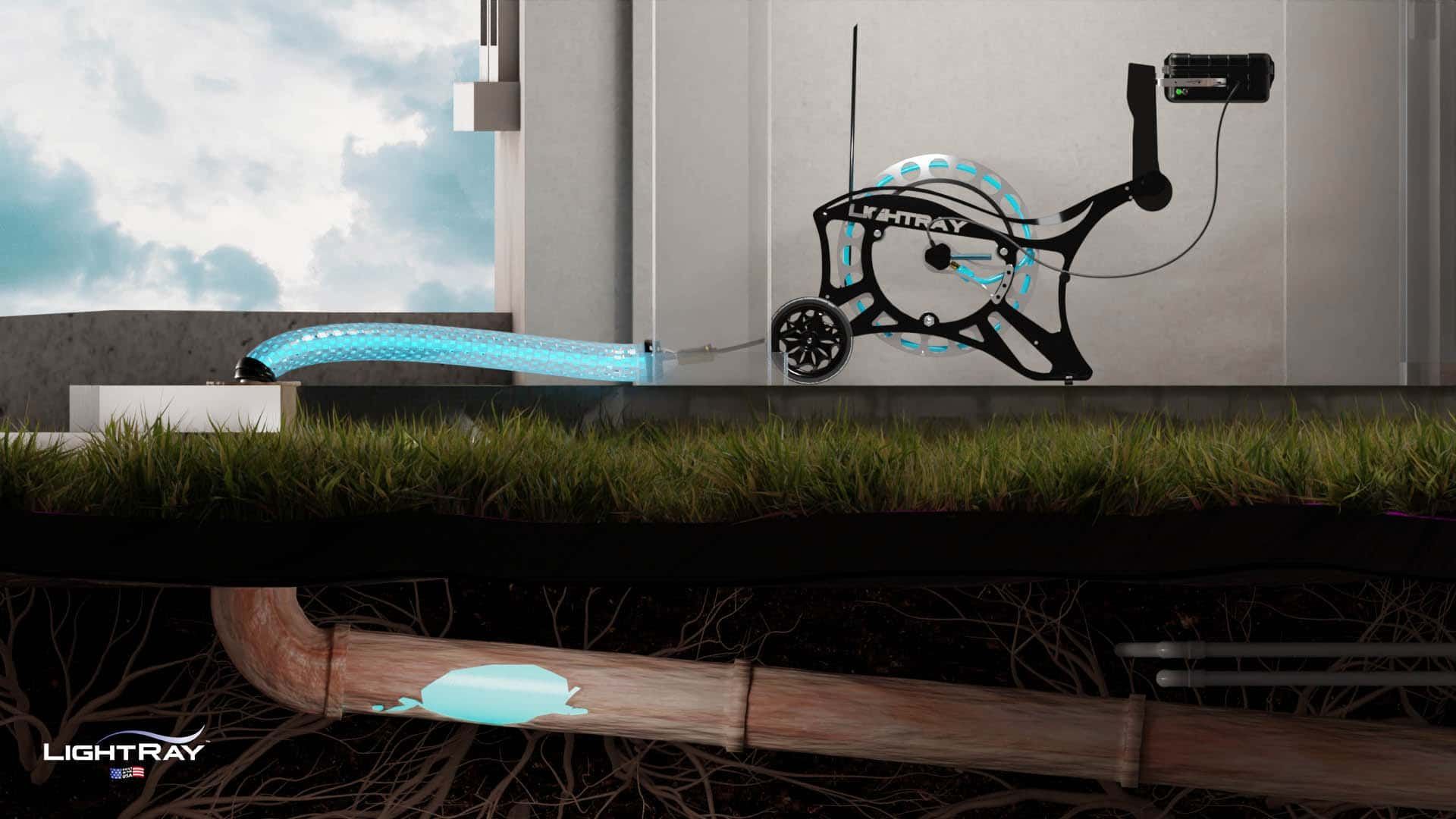3 Tips for a Healthier Septic System
Because a healthy septic system is a longer lasting septic system!
It goes without saying that proper maintenance is the best way to keep your septic system functioning properly, but did you know that proper function has a lot to do with the "health" of the bacteria inside your septic tank? Your tank is like a miniature waste water treatment plant that carefully breaks down solids, separates heavy particles to the bottom of the tank, and flushes "clean" water out to your drainfield where it's slowly filters back into the ground. It does all of this with the help of GOOD bacteria. Keep reading to better understand the inner workings of your home's biggest utility, or contact us today for your Lancaster Pa septic service.
How Things Work
To properly maintain your septic system it’s important to know how things work. Septic tanks safely treat and recycle wastewater through the use of a surprisingly simple system, basically powered by nothing more than gravity, fluid dynamics and bacteria. That's right: good bacteria are essential to the proper functioning of your septic tank by breaking down waste solids.
We're accustomed to viewing bacteria in a negative light, as demonstrated by the abundance of disinfectants, sanitizers and anti-bacterial products in every home. Since these products routinely go down the drain in the process of household cleaning and deodorizing, especially in the bathroom, they can have the side effect of killing off the beneficial bacteria your septic tank needs. The failure of "dead" septic tanks is an increasing problem.
How to Keep Your Septic System Healthy
- Avoid Flushing or Rinsing Chemicals, Paint or Anti-Bacterial Products Down the Drain
Sulfates, chemicals, paint thinners and cleaners - all of these can disrupt the balance of healthy bacteria in your septic tank. Avoid flushing or rinsing any of these items down the drain, or dilute them as much as possible if it's absolutely necessary. If you run a grooming business, carwash or at-home salon that's using harsh products on a regular basis, you may need to invest in a septic system additive to help maintain the healthy balance of bacteria in your tank, so waste water can properly filter through your drainfield and back into the ground. (Learn more in Tip #2!) - Use a Septic System Additive Like Bio-Active
Adding Bio-Active once a month restores the good worker bacteria and enzymes to counteract the effects of household disinfectants. Bio-Active makes it easy to maintain a clean and sanitized home environment as well as a healthy bacteria population in your septic tank.
Monthly use of Bio-Active will help reduce surface and bottom solids in the septic tank. Buildup of surface and bottom solids can carry over to the leach field and cause the leach field to become clogged. Once clogged, the system has nowhere to drain and the tank fills up, causing backup in the home and wet areas in the yard.
Use of Bio-Active restores the biological population of good worker bacteria and enzymes which reduce solids. The beneficial bacteria also get carried over to the leach field to reduce solids and help prevent clogging. A clogged leach field is the biggest problem for septic systems, the hardest and most costly to repair. Click here to learn more about Bio-Active Septic System Additive or request a sample at your next septic service. - Avoid Using a Garbage Disposal and NEVER Rinse Grease or Food Products Down the Drain
If you have a septic system, avoid using a garbage disposal altogether. Garbage disposals can increase the amount of solids in your septic tank by up to 50 percent. Not sure you're ready to ditch the garbage disposal? We get it. It might require more frequent pumping depending on how much you use your garbage disposal, but that's up to you. The primary thing to remember is that garbage disposals are not garbage cans, so when it doubt, throw it out!
When it comes to grease, be careful. Grease can wreak havoc on your septic tank, making the waters thick and destroying the natural balance of healthy bacteria your tank needs to break down solids and waste. One of the biggest causes of excess grease in your tank is from improper handling of cooking waste. Whether you're making bacon, draining the drippings from your Thanksgiving turkey or simply washing your greasiest cooking pans, make sure excess grease goes in the garbage - not down the drain. Grease isn't just bad for your septic tank, it can buildup over time inside your pipes, narrowing the waterways that take wastewater to your septic tank. Grease buildup is the leading cause of septic system backups, and removing blockages often requires high pressure jetting.
Follow these tips for a septic system that will process your wastewater effectively for years to come. Be sure to have your tank pumped out every 2-4 years and
contact us with any of your septic questions or needs! We're happy to provide reliable
septic tank pumping in Lancaster Pa and the surrounding areas.






